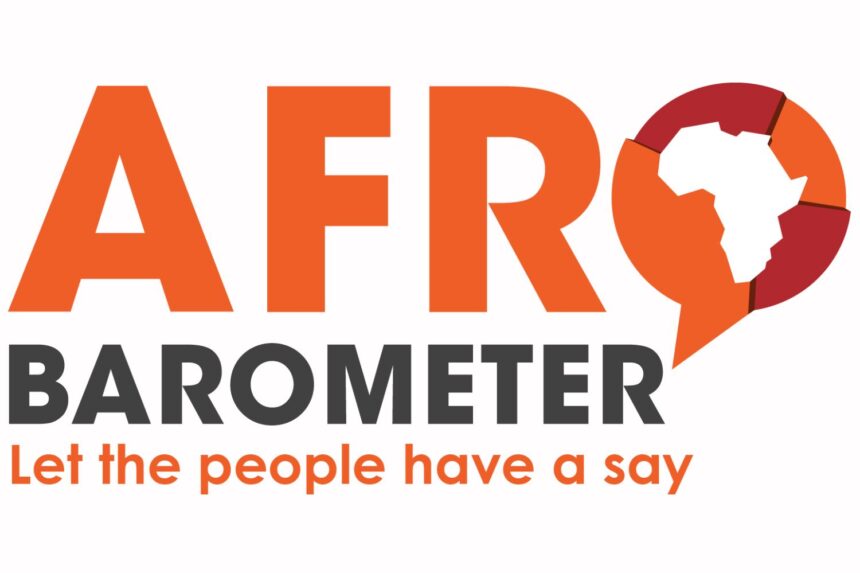A recent Afro-barometer survey has revealed a concerning trend: younger Africans are increasingly open to the idea of military intervention in politics, particularly when they perceive elected officials to be abusing their power. The survey, which gathered data from 36 African countries, highlights a significant shift in attitudes towards governance and military involvement across the continent.
Key Findings
- Rising Support for Military Intervention: The survey shows that 56% of respondents aged 18-35 support military intervention if elected leaders are perceived to be abusing their power. This is a marked increase compared to 48% of those over the age of 55 who share this view.
- General Attitudes Towards Military Rule: Despite this growing acceptance, a majority of Africans (67%) still reject military rule in principle. However, this figure represents a decline from previous years, with only 43% of adults believing that the military should never intervene in politics. This indicates a gradual shift in public opinion, with increasing tolerance for military involvement in cases of perceived government failure.
- Youth Perspective on Governance: The survey underscores a generational divide in attitudes towards governance. Among younger Africans (aged 18-25), 58% are open to the idea of military intervention if elected leaders abuse their power. This reflects a broader disillusionment with democratic institutions and a growing demand for accountability, even if it means supporting military action.
- Concerns About Democracy: The findings suggest that many Africans are dissatisfied with the performance of their democratic governments. Issues such as corruption, lack of accountability, and inefficiency are driving this discontent, leading to a greater willingness to consider alternatives to democratic rule, including military involvement.
Implications for African Governance
The growing support for military intervention among younger Africans serves as a warning to the continent’s leaders. The data indicates that when citizens’ democratic aspirations are not met, there is an increased risk of public support for military takeovers. This trend poses a serious challenge to the future of democracy in Africa, raising the spectre of a return to military regimes in some countries.
The survey highlights the urgent need for African governments to address the concerns of their citizens by improving transparency, reducing corruption, and strengthening democratic institutions. Failure to do so could further erode public trust in democracy and potentially destabilise the political landscape across the continent.
As African nations navigate these challenges, the findings from the Afro-barometer survey underscore the critical importance of responsive and accountable governance in maintaining the continent’s democratic trajectory.
ALSO READ: Libyan nationals arrested at alleged illegal military camp in South Africa














I don’t think the title of your article matches the content lol. Just kidding, mainly because I had some doubts after reading the article.
Can you be more specific about the content of your article? After reading it, I still have some doubts. Hope you can help me.